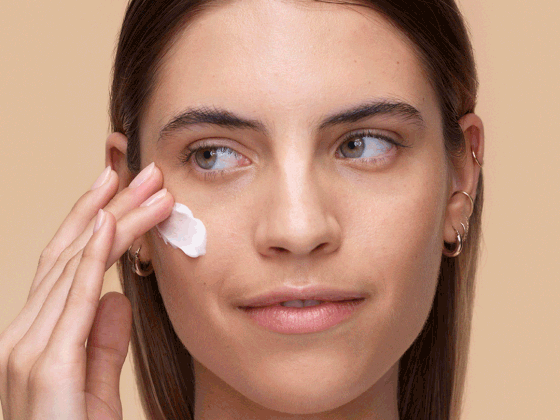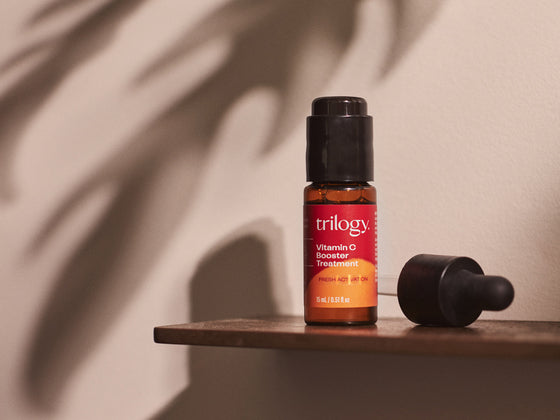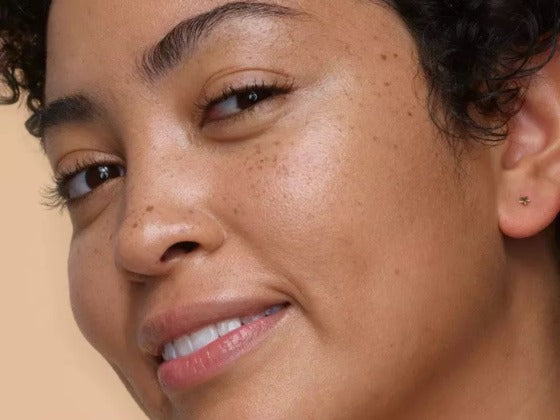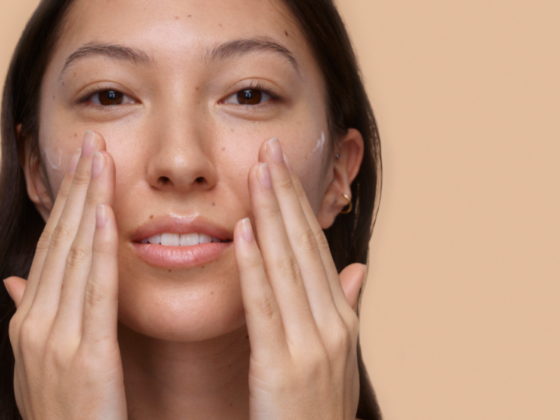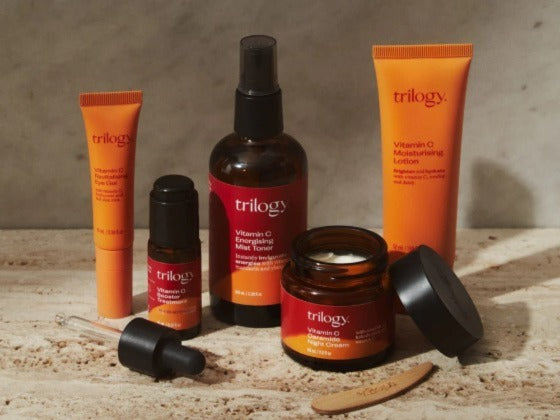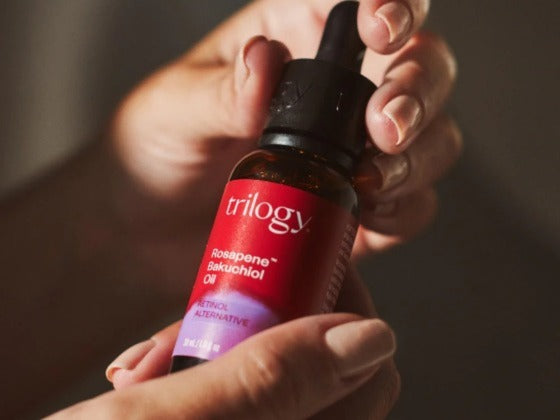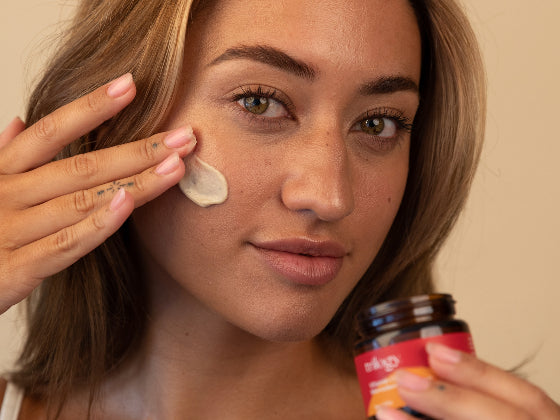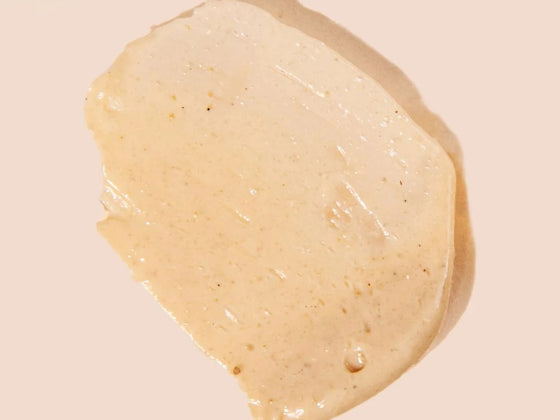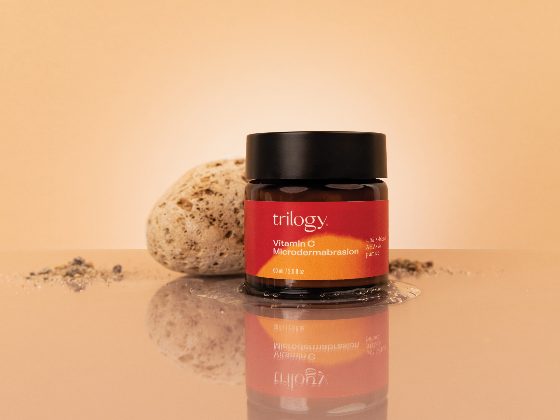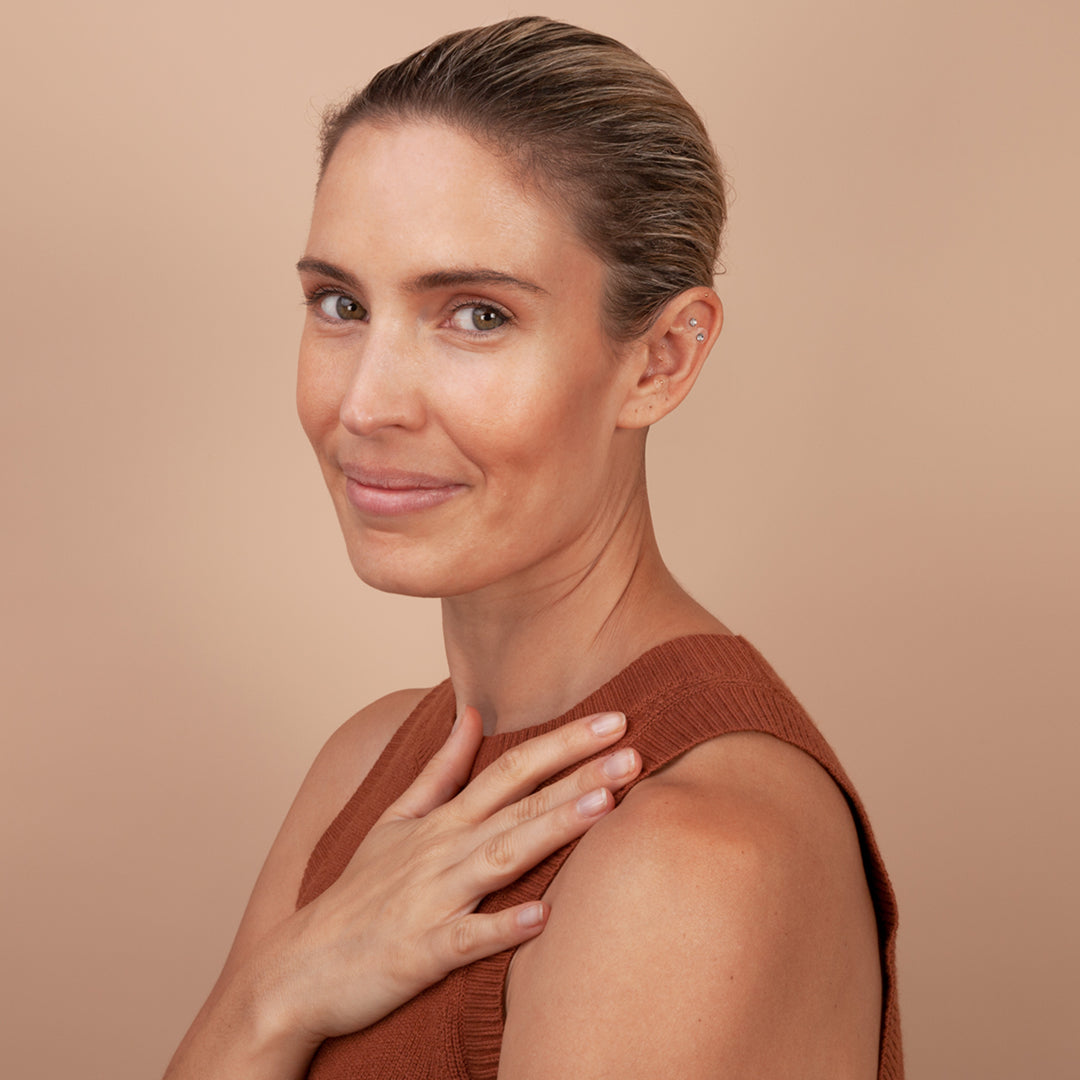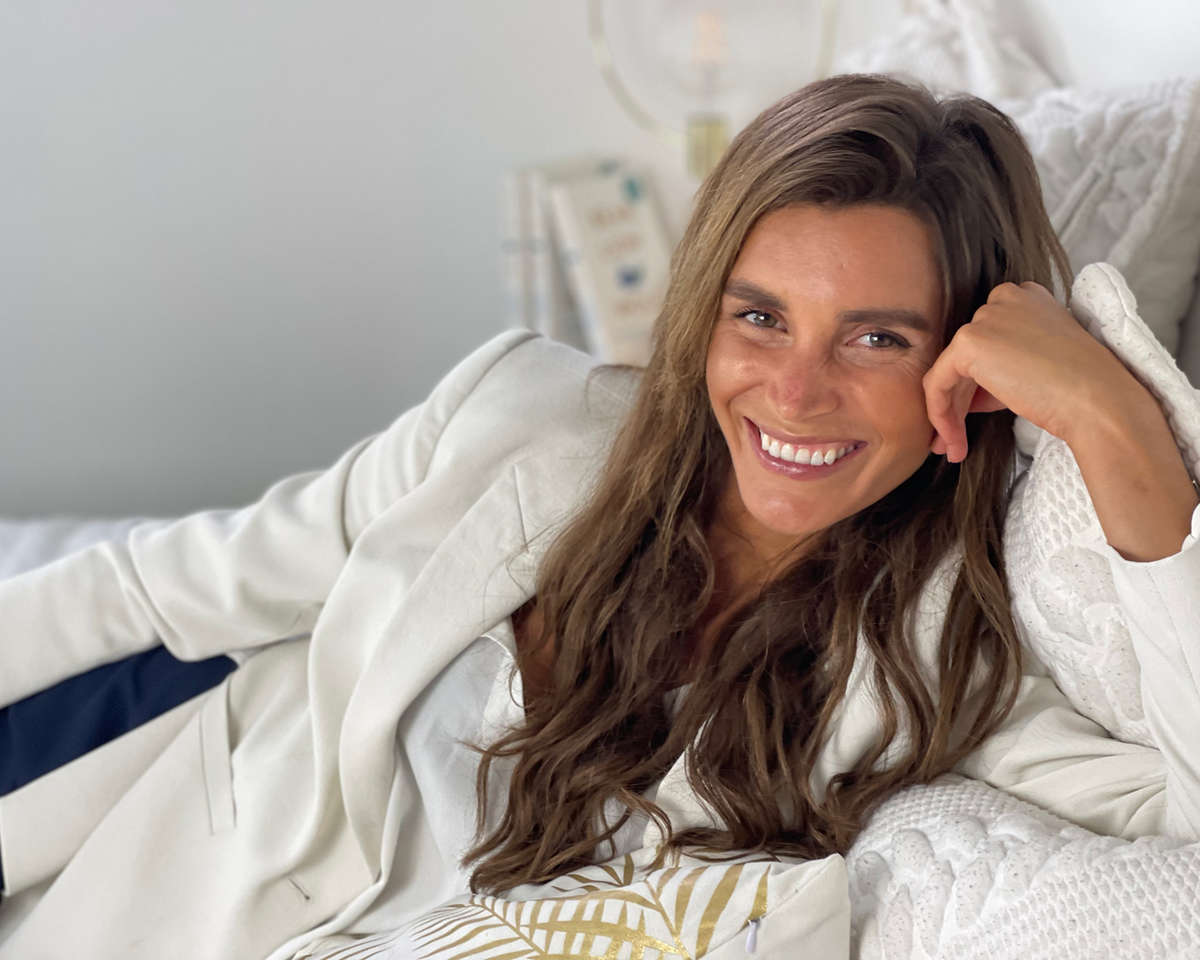
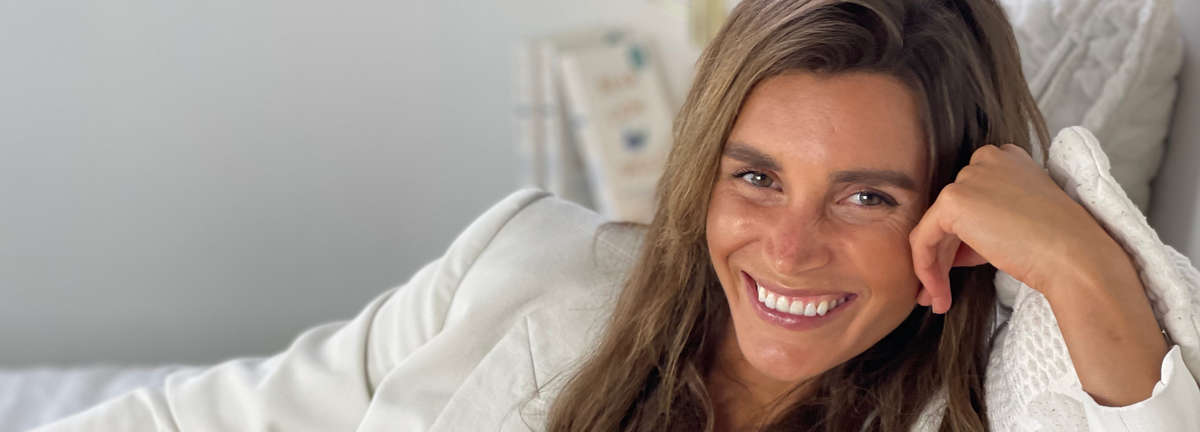
Our Senior Brand Manager Rachael, speaks with Australia’s no.1 Sleep Expert Olivia, to understand the importance of sleep and how you can go about getting your best beauty sleep yet. Because not only can it have an effect on your skin, but your overall heath.
Rachael: Why is a sleep routine important?
Olivia: Physiologically, a good sleep routine will enhance the production of sleepiness hormone melatonin, which enables you to fall asleep faster, and sleep deeper. Psychologically, it creates the expectation of sleepiness, which helps you mentally switch off too.
R: Do you have a skincare routine before you sleep?
O: Yes! I shower, use a cleanser, mist and serum, and finish with a sleep mask - always! It’s a non-negotiable for me, as it means I wake feeling fresh in the morning.
R: Is beauty sleep a real thing?
O: 100%! 70% of our human growth hormone - catalysing collagen production - is in slow wave sleep. If we optimise our slow wave (deep) sleep, we optimise collagen production, which means greater cellular repair, recovery and rejuvenation.
A study found good sleepers have a 30% higher skin recovery rate after UV exposure, compared to poor sleepers - likely due to the effects of growth hormone mentioned above.
Evidence also shows lack of sleep produces a 20% increase in inflammation, which can show up as red, blotchy and irritated skin.
A study found good sleepers have a 30% higher skin recovery rate after UV exposure, compared to poor sleepers - likely due to the effects of growth hormone mentioned above.
Evidence also shows lack of sleep produces a 20% increase in inflammation, which can show up as red, blotchy and irritated skin.
R: What are your 3 mandatories to unwind before sleep?
O: Disconnect from tech at least 1 hour before bed, shower, take my magnesium supplement and read a page (at least) of my book. Ok - I have 4!
R: What do you know about the benefits of ‘unplugging’ from devices before sleep?
O: Studies show that using a phone in the last hour before bed increases the likelihood of taking over an hour to fall asleep by 48%, and using a computer increases the likelihood to 52 per cent. Using a phone in the last hour before bed increases the likelihood of losing two or more hours of sleep by 35%, and using a computer increases the likelihood to 53%.
So - by unplugging a minimum of one hour before bed, we mitigate these threats to our sleep.
So - by unplugging a minimum of one hour before bed, we mitigate these threats to our sleep.
R: How should we expect to feel like after a good night’s sleep?
O: Alert, energised, enthusiastic, calm, centered, focused.
R: How many hours do you REALLY need for a beneficially good sleep?
O: Most of the population needs 7-9 hours, however it’s more important to focus on getting quality sleep, rather than obsess over quantity.
R: Is it true that the hours of sleep before midnight are super important?
O: Yes and no. At 3am, the body shifts its deep sleep stages to REM sleep rather than slow wave sleep.
And recall - growth hormone - the catalyst for collagen (and all-over cellular repair), is produced in slow wave sleep, so if we get to bed too late, we may not spend as much time in this sleep stage, exacerbating fatigue.
So for this reason, it’s ideal to get in bed well before midnight, yes.
However, we should also go to bed when it most closely aligns with our chronotype – ‘Lions’ 10pm, ‘Bears’ 1030pm and ‘Wolves’ 11pm.
And recall - growth hormone - the catalyst for collagen (and all-over cellular repair), is produced in slow wave sleep, so if we get to bed too late, we may not spend as much time in this sleep stage, exacerbating fatigue.
So for this reason, it’s ideal to get in bed well before midnight, yes.
However, we should also go to bed when it most closely aligns with our chronotype – ‘Lions’ 10pm, ‘Bears’ 1030pm and ‘Wolves’ 11pm.
R: Do things like silk night masks and pillowcases help sleep?
O: Silk is a natural fiber, which supports thermoregulation - it can absorb heat. This is favourable as melatonin (our key sleepiness hormone) relies on a cool core body temperature to be produced. This would be helpful in the case of a pillowcase and bedding.
I have not seen any clinical data to support the use of a nightmask - however I can say I love my sleeping mask!
I have not seen any clinical data to support the use of a nightmask - however I can say I love my sleeping mask!
 Skip to content
Skip to content




